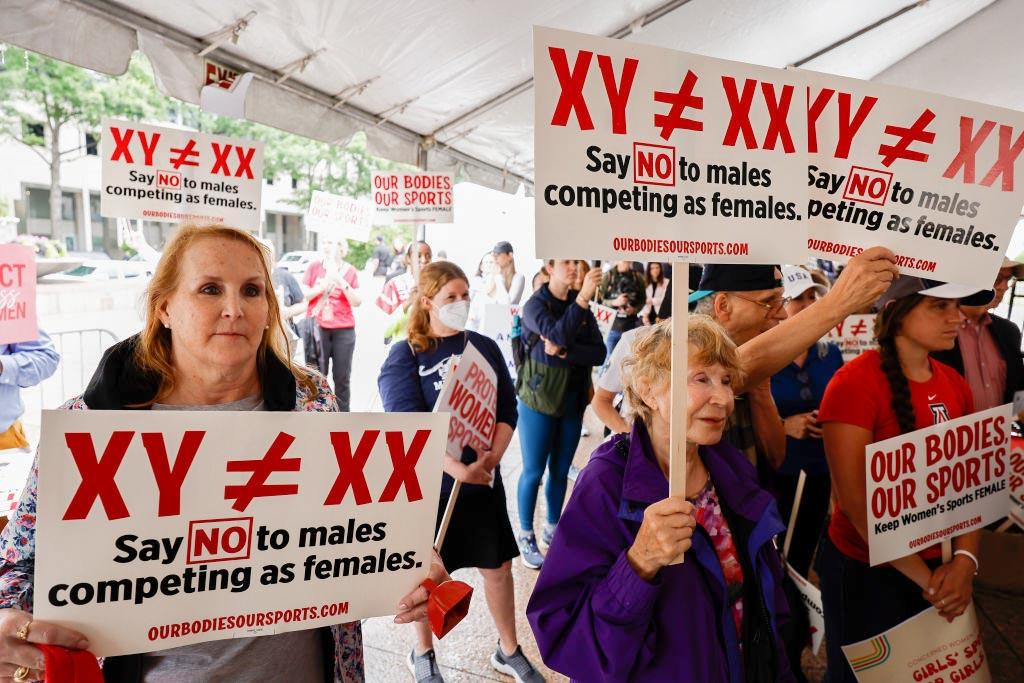The regents that oversee Georgia’s 26 public universities and colleges on Tuesday voted in favor of a resolution urging the National Collegiate Athletic Association (NCAA) to ban transgender athletes from competing in women’s sports.
The Board of Regents voted to support a resolution that calls on the NCAA and the National Junior College Athletic Association (NJCAA) to update their student-athlete transgender participation policies to align with the National Association of Intercollegiate Athletics’s (NAIA) new rules.





